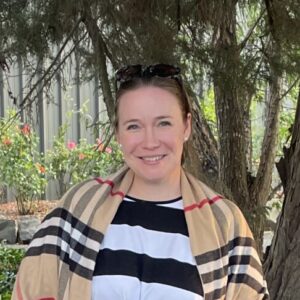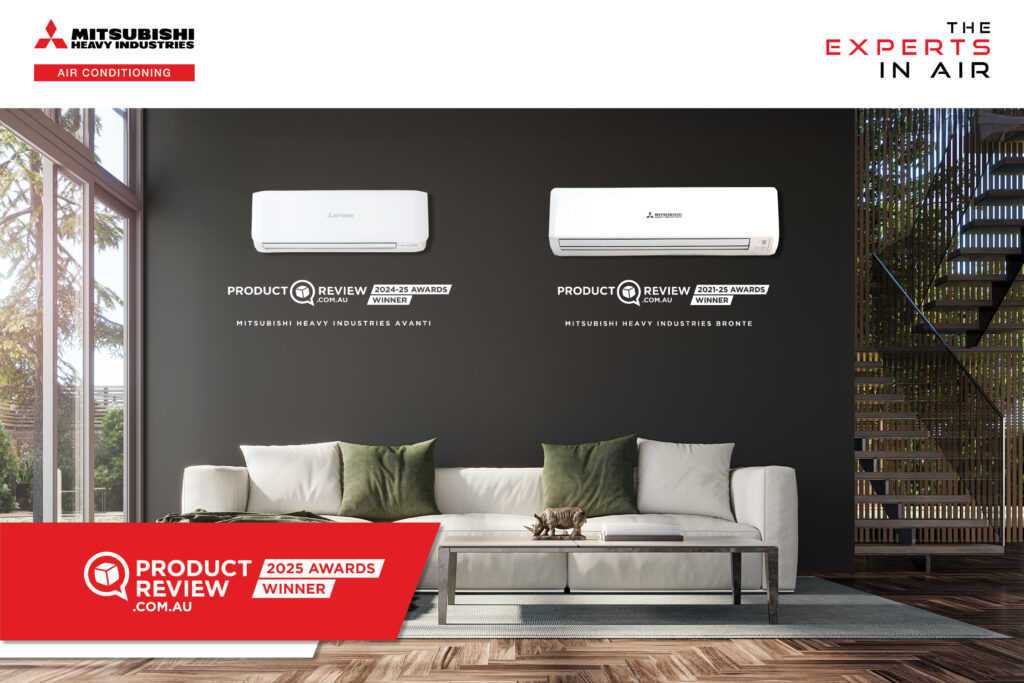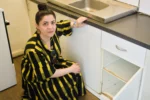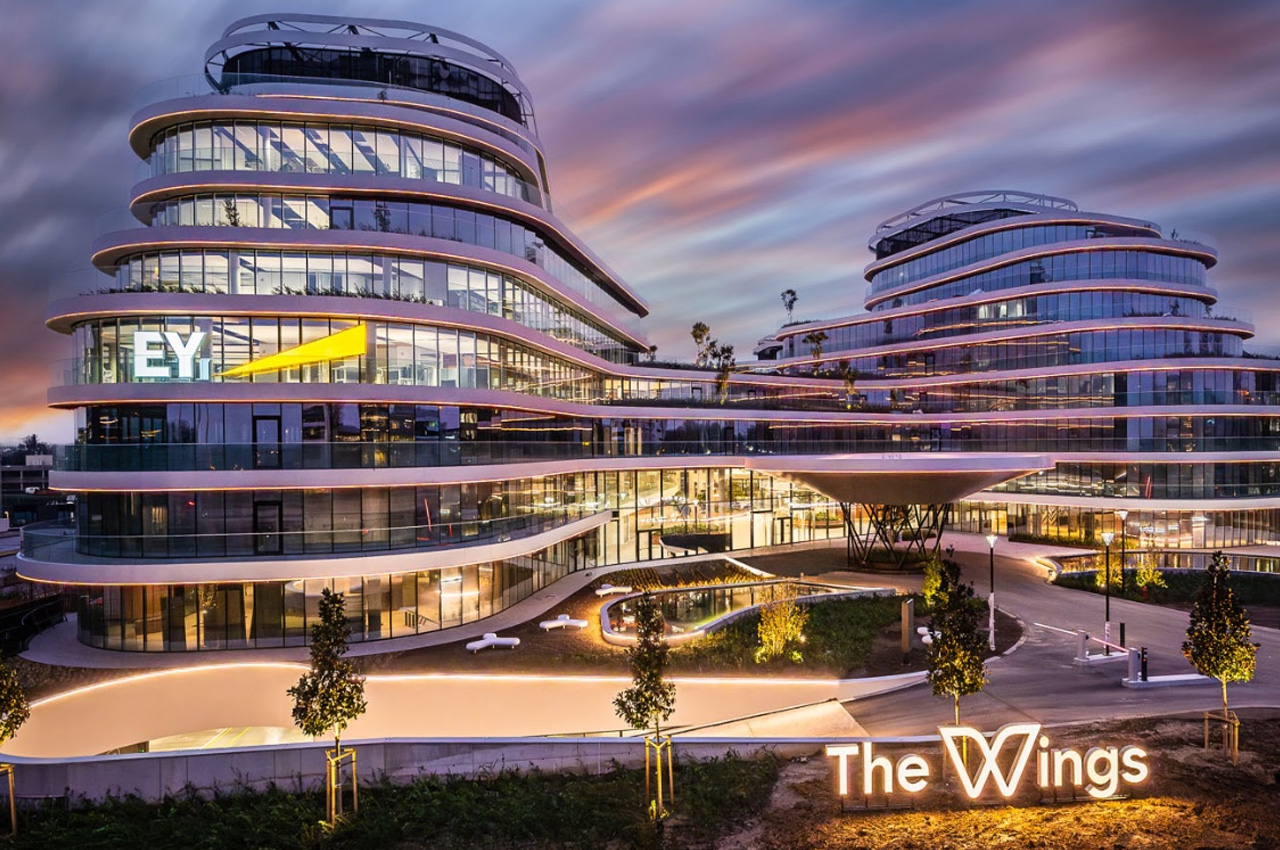
The Wings is set to be the first office building in Belgium to generate its own geothermal energy and consume no fossil fuel. Laura Timberlake investigates how the building achieved its triple sustainability certifications.
Comprising 4,586m2 of office space, The Wings has been hailed as a “sustainable building masterpiece”. Ghelamco Belgium worked on the project with Assar Architects, structural engineering and building services companies Macobo-Stabo, and entry-solution specialist Boon Edam.
It’s located in the international airport precinct in Belgium and has achieved the international BREEAM Excellent (four star), German DGNB Gold certification, and WELL Gold rating. The WELL rating system helps organisations demonstrate their commitment to wellbeing by earning the high health achievements for their buildings.
All-round efficiency
The building itself generates the energy needed for all in-house business and amenities. Thanks to the BREEAM rating, it will become the first building in Belgium to be certified as energy- and CO₂-neutral. The four-star BREEAM rating is reserved for projects that are committed to minimising environmental impact and contributing solutions to long-term sustainability.
The Wings uses smart technology to limit CO₂ emissions. According to Ghelamco, the ventilation guarantees each building occupant a minimum of 50m3 of air changes per hour. The temperature monitoring and ventilation systems act to prevent the spread of airborne germs and biohazards.
The smart technology also feeds into the security systems – offices can be unlocked by tapping a smart phone against a reader.
Intelligent design
Boon Edam, a partner in the project, says The Wings’ sustainability goes beyond energy.
The building features a rainwater collection system that can store 420,000L for use in bathrooms and gardens. Intensive green roofs and two large basins also help manage water naturally.
Assar Architects designed the layout so it would flow into four distinct areas, with a large connecting area to join the two main lobbies. The design brings natural elements into the building with a green outdoor area.
The Wings also includes business centres, a 250-room hotel, staff restaurants and 600 parking spaces to accommodate employees and visitors.
“Responses to sustainability imperatives such as the Wings shows what it is possible to achieve to reduce emissions, even as countries around the world are continuing to expand their total built environment,” says Boon Edam.
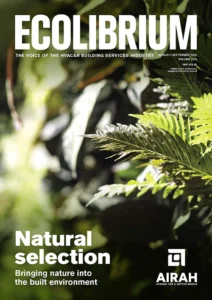
This article appears in Ecolibrium’s August-September 2024 edition
View the archive of previous editions
Latest edition
See everything from the latest edition of Ecolibrium, AIRAH’s official journal.
